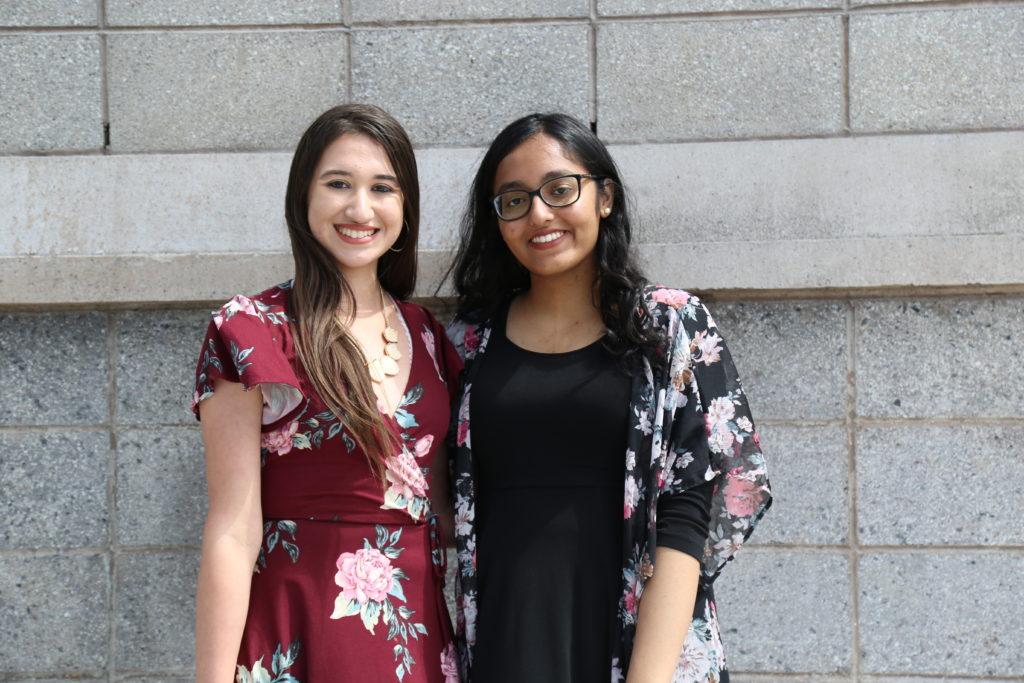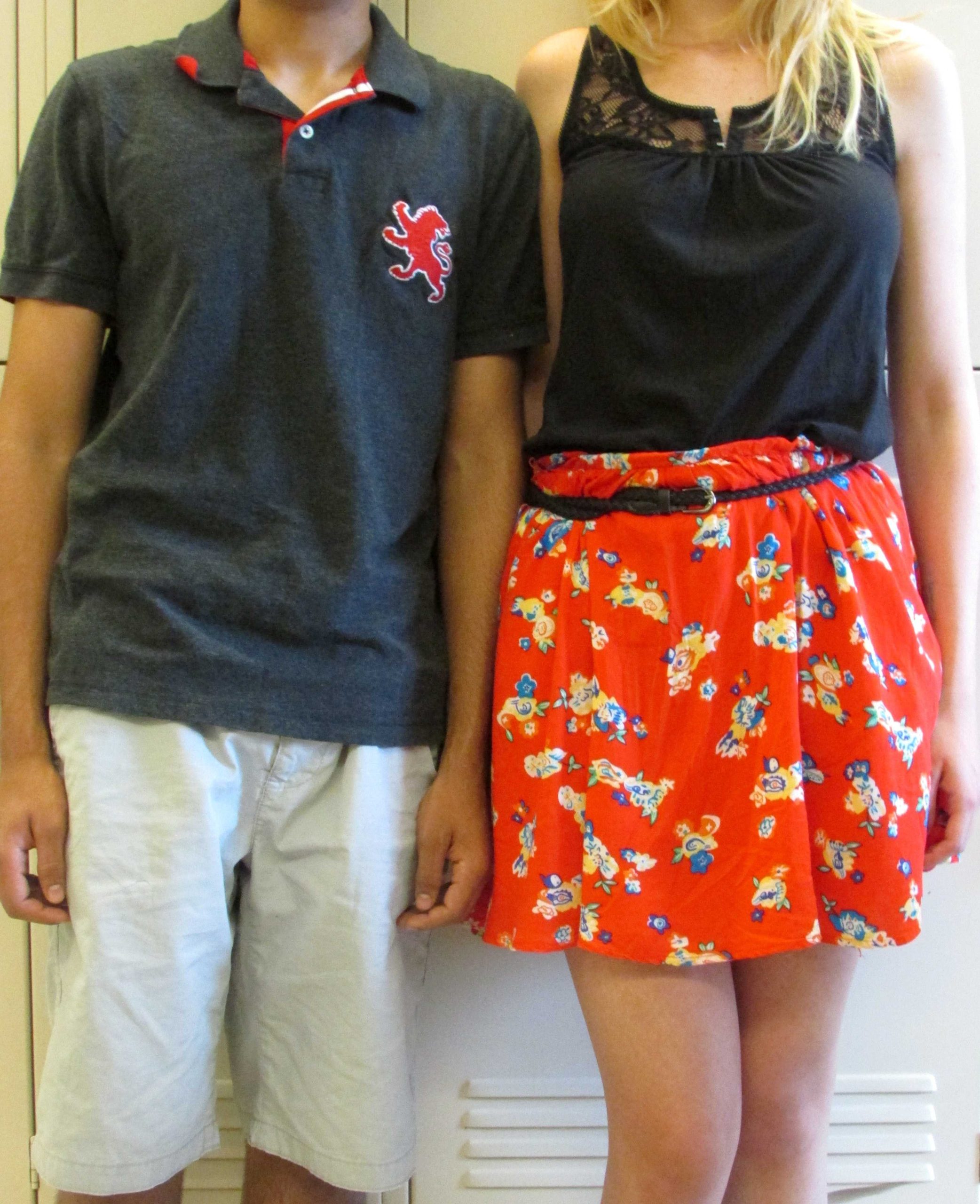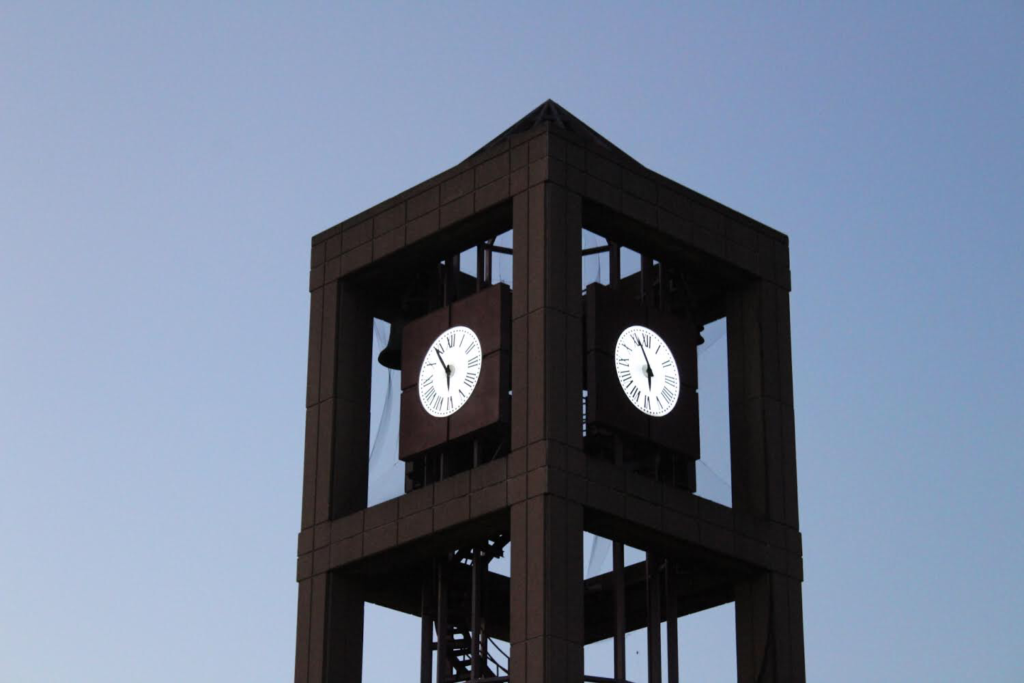
In an effort to eliminate the lack of transparency of the C-30, The Classic interviewed all the candidates who came in during the Level 1 Committee interviews. We can confirm that though only four candidates were interviewed by the Level I committee, at least one additional candidate was given an interview opportunity. We can also confirm that one candidate did not show up for an interview; according to two separate sources, one of these candidates was David Newman, current interim acting principal of Brooklyn Technical High School.
The absence of Mr. Newman has added fuel to previous concerns of the C-30 process being “rigged.” One source claimed that it was “widely known” Mr. Newman was hesitant about taking the job, with numerous THHS community members discussing the possibility of his not appearing for the interview as early as March 8, a week before the interviews.
Some in the community now allege that Mr. Newman was selected with the awareness that he might not come for an interview, which would limit the candidate pool and potentially make a preferred candidate stand out more easily.
Moreover, some are questioning why Mr. Newman’s slot was not replaced with a backup candidate, given that 38 candidates applied, including two assistant principals.
An anonymous assistant principal at THHS said that Mr. Newman’s interview position should have been replaced and believes the timing of Mr. Newman’s selection indicates he was chosen purposely because he would not show up.
Mr. Newman was previously chosen for an interview opportunity for the December 8 C-30 at THHS, but he later transitioned into the interim acting principal position at Brooklyn Technical High School in January. All December applicants were added to the February pool automatically.
The anonymous AP said, “Why would someone who became an interim acting principal in January want to interview elsewhere in March? And can you really tell me that there wasn’t another qualified candidate? I think even five candidates is a low number to be interviewed out of 38?”
The C-30 process allows for three to five candidates to be chosen for a Level I Interview out of the total number of applicants. When asked whether Superintendent Lindsey should have replaced Mr. Newman, DOE Press Secretary Will Mantell said, “C-30 confidentiality rules prevent us from discussing any individual candidates for a principal position…the position may be reposted if a minimum of three candidates cannot be identified.”
When asked whether or not Mr. Newman’s spot should have been replaced, Mr. Scardino remarked, “In a perfect world, you would want to allow enough time to have people RSVP and if you don’t get anybody, you would then dip into your next round so that you would have a more robust applicant pool to present to the Level 1 [Committee].”
“If I were the chancellor or the Superintendent, I would make it a point to…have a firm RSVP date,” he said.
Townsend Harris Alumni Association Co-President Craig Slutzkin said “The more candidates that the Level I committee would have been able to see, the better. Each of the various constituencies…have said all along that we wanted to cast the widest net possible to find our next principal.”
Mr. Slutzkin said that if the DOE was aware that certain candidates would not attend interviews, he is unsure of why other candidates could not have replaced them. He said, “With over 30 applications, I’m certain that there were at least one or two additional qualified candidates, including the two sitting Harris assistant principals who applied.”
The other co-president of the THAA, Seline Lee, commented, “When I first heard we could only interview five out of 38 candidates from the Borough President’s correspondences, my first thought was I wouldn’t mind staying later or meeting earlier that day if that would mean we would be able to interview more candidates. I definitely would have liked to see more potential principals.”
Recently, Freshmen-Sophomore President Max Kurant and Parent Teacher Association Co-President Edward Tan brought up concerns about the C-30 process at a Panel for Education Policy meeting to Chancellor Carmen Fariña.
The chancellor responded, “The C-30 process is being totally followed by the letter of the law. Because someone interviews, doesn’t mean they’re getting the job. It is a C-30 process; it has been totally verified. It is going on in an appropriate manner and there should be a resolution within 2-3 weeks.”
Members of the community, however, have been taking issue with the rules of the C-30 itself, believing that following the “letter of the law” allows for the DOE to be deceptive. Since the Superintendent does not have to reveal who received interviews and who did not, there would be no way to know if all candidates were equally qualified or even if all candidates were equally interested in the job, as in this case. Hypothetically, critics believe, the “hiring manager” could choose some obviously weaker candidates or uninterested candidates, leaving preferred candidates looking better.
Earlier in the week, borough president Melinda Katz wrote an op-ed about the secrecy of the C-30 in The New York Daily News.
Mr. Newman did not respond to requests for comment.
































